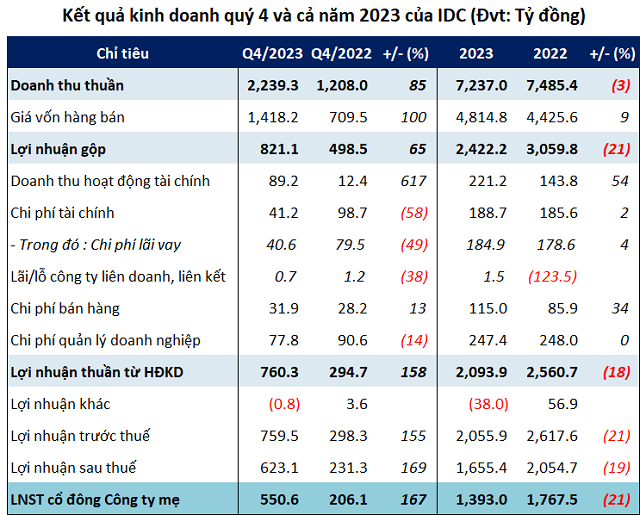Over the years, the Central Steering Committee for Corruption and Negative Phenomena Prevention and Control has consistently warned about the risk of credit manipulation and vested interests within the banking system. Despite reform efforts and tightened discipline, this case highlights the ongoing challenges in the fight against corruption.

Truong My Lan, the defendant – Photo: Hoang Trieu
Truong My Lan, the former chairwoman of Van Thinh Phat Group, didn’t directly hold a leadership position at the Saigon Commercial Bank (SCB) but owned more than 90% of its shares, effectively giving her full control over the bank’s operations.
With her absolute financial power, Lan manipulated SCB, embezzled, and “hollowed out” the bank of more than VND 304,000 billion—a figure beyond most people’s imagination. The consequences not only pushed the bank into crisis but also created risks threatening the stability of the entire national financial system.

Courtroom scene – Photo: Hoang Trieu
The severe sentences handed down to the defendants in this major case serve not only as fitting punishment (with Truong My Lan receiving a death sentence and former SCB leaders getting sentences as high as life imprisonment) but also as an important legal milestone in Vietnam’s anti-corruption fight. It underscores that no one is above the law, and embezzlement in the private sector will be dealt with harshly.
This demonstrates the government’s strong determination to cleanse the business environment and safeguard the stability of the economy.
While the case has concluded its first phase with strict sentences for the defendants, its aftermath lingers as a wake-up call for anyone attempting to manipulate the financial system for personal gain.
This case affirms that a robust economy relies not just on the growth of large enterprises but, more importantly, on fairness, transparency, and stringent discipline in all financial activities.






































